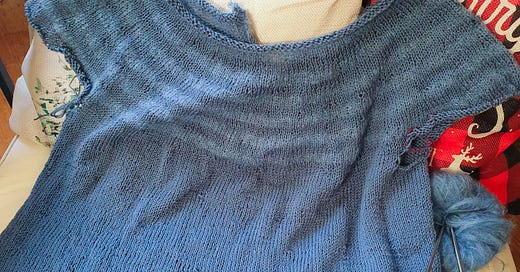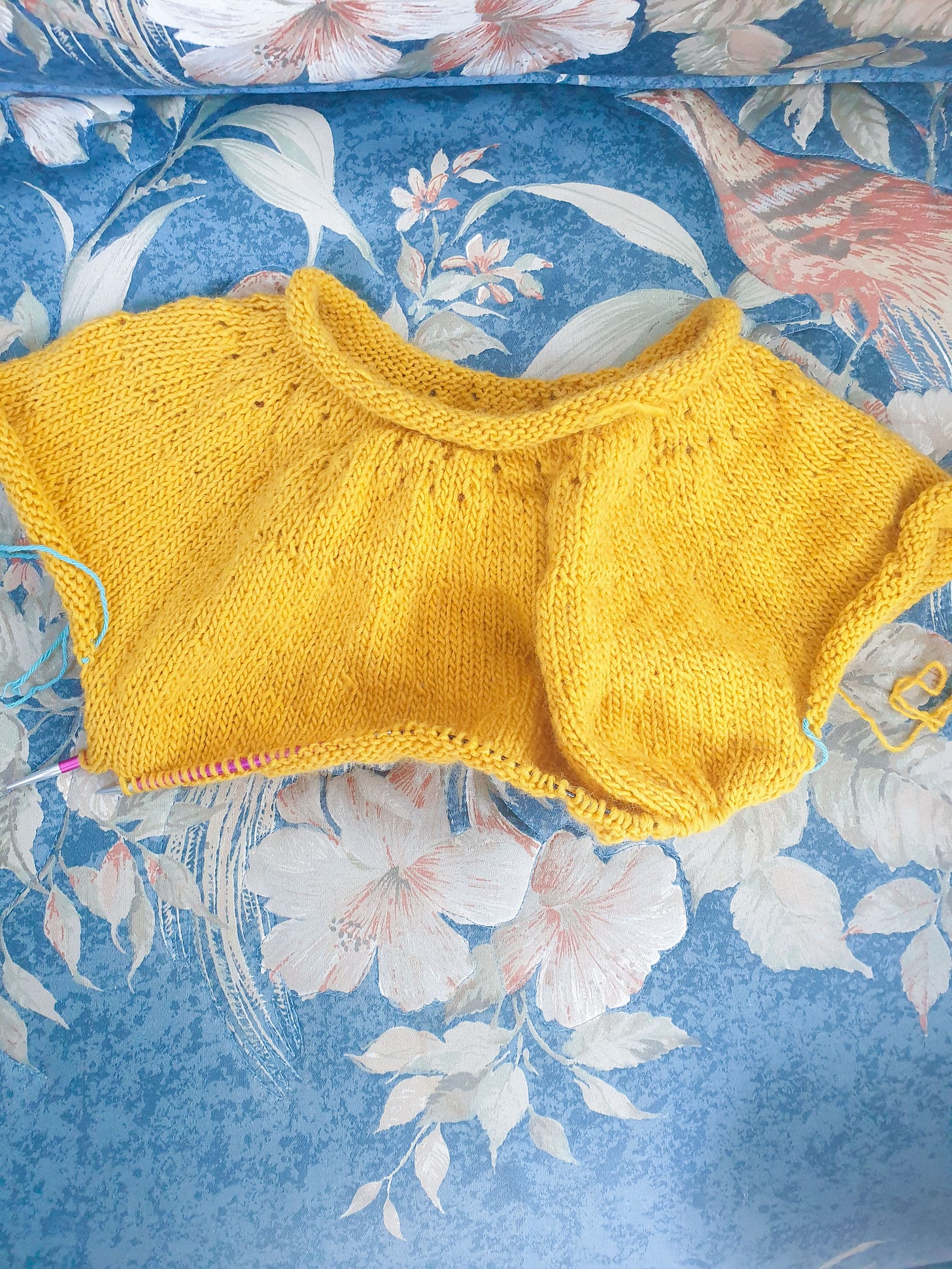I saw an interesting discussion in a craft group recently about whether to be good at something you need talent, or practice. There were arguments for each side, and some people fell in the middle saying you need both.
While I agree that talent gives a head start for any pursuit, be it sports, art, or entertainment, I firmly believe that practice is the key. Even with talent, you won’t get far if you don’t work on your skills.
I have the perfect example of this in my creative life. I’ve always been convinced that I couldn’t draw, or make art. But I really wanted to draw, I kept feeling this urge to sketch and paint, so I finally got over my fear and signed up for a 30-day line drawing challenge with Lisa Congdon. I definitely sucked at the beginning, but by the end of the month I could already see improvement. So I continued to take more classes, and join more challenges, and now I feel pretty confident about all forms at art. Will I ever be a professional artist with my work in galleries? No, but I am able to make things that I love, just for me.
A similar thing happened with knitting. When I decided to pick it back up again about eight years ago, I was hopeless. I dropped stitches, I somehow made extra unneeded stitches, even the most basic scarf was wonky! But I really wanted to become a better knitter, so I kept at it, I honed my basic skills, and then I started seeking out more complicated techniques and patterns (there are so many free tutorials available online!). Now I can follow just about any pattern I try, and have graduated to making sweaters and tees. There are still numerous techniques I am clueless about; some I don’t care to learn, but others I will tackle eventually.
It turns out that what I’ve been doing is called deliberate practice. You may have heard about the concept of needing 10,000 hours of practice to master a skill. It was popularized by Malcolm Gladwell in his book Outliers, but was actually first posited by Anders Ericsson, a Swedish researcher after a study involving violinists.
Not all practice makes perfect. You need a particular kind of practice—deliberate practice—to develop expertise. When most people practice, they focus on the things they already know how to do. Deliberate practice is different. It entails considerable, specific, and sustained efforts to do something you can’t do well—or even at all. Research across domains shows that it is only by working at what you can’t do that you turn into the expert you want to become.
-The Making of an Expert, by K. Anders Ericsson, Michael J. Prietula, and Edward T. Cokely
Another thing that Ericsson and his colleagues addressed is motivation: of course if you’re not motivated by your goal or activity, you won’t want to spend all that time practising, especially as you will be bad at it in the beginning.
I’m currently re-reading Big Magic by Elizabeth Gilbert, and she talked about Nobel laureate poet Seamus Heaney who said that you can’t expect when learning to write poetry that it will immediately be good. And this is true of anything. So many people, myself included, expect to be immediately good at something, especially if we have some experience in a similar field. (If you’re a knitter that has tried to learn crochet, or vice versa, you’ll understand what I mean).
This is not to say that the only goal is being good, or attaining expert level! There are many things that I do badly, and continue to do badly simply because I enjoy doing them. So feel free to draw badly, sing, badly, and paint badly, as long as you’re enjoying it.
But if there’s something you truly love doing, and have the motivation to work at, I want to encourage you to seek out ways to implement deliberate practice to improve your skill and mastery.







For me I think that there is another element missing in this which is timing. I spent years convinced that I could not cross stitch. I had tried when I was younger and was awful at it, I tried a couple times after I had picked up crochet and still couldn't get on with it, and then, something made me pick it up again and suddenly everything fell into place. Now I thoroughly enjoy it, can complete a project without issues and can't quite remember what I found difficult. I hadn't done any extra practice but the changes to my general skills and attitude towards my crafting ability meant that my experience was suddenly very different. This is a really long way of saying that just because you think you are bad/untalented at something you have tried once it doesn't mean that you will always be that way.
All of this. So very true. That's why I continue to take part in the 100 Day Project. (And for knitting you also have me to fall back on lol)